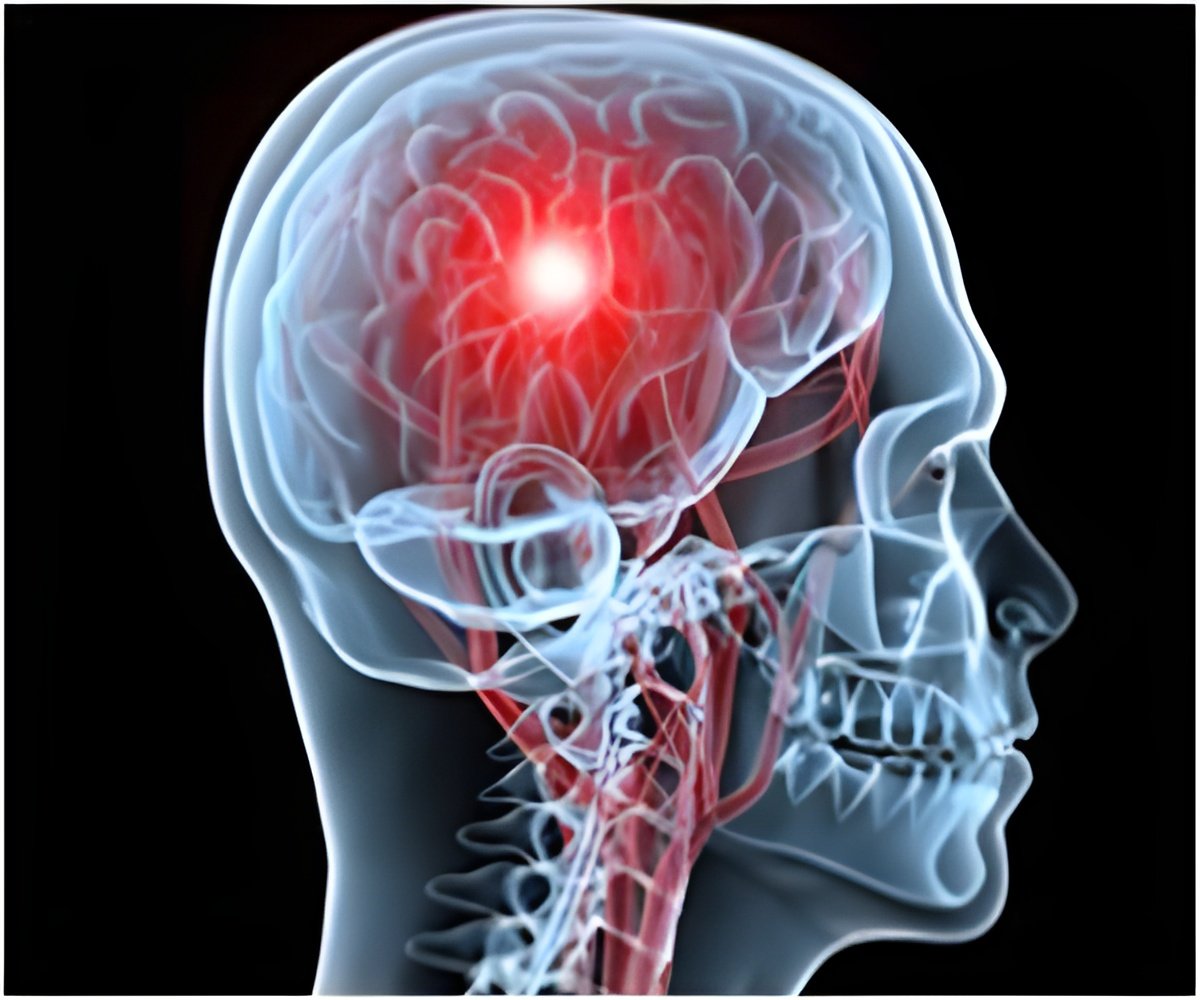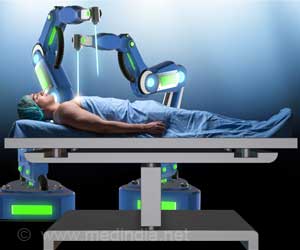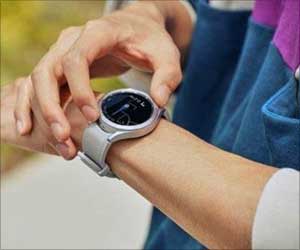
The AMC is a dual-lumen, MRI-compatible injection and aspiration cannula for use in the brain. The AMC is not intended for implant, and it is intended for single patient use only.
Alcyone Lifesciences’ Board member Richard Upton of Harbor Light Capital Partners Said that he was thrilled for the Alcyone team.
“They are a highly talented and hard working group that has achieved this important company milestone in an efficient and skilled way. I look forward to helping them develop additional products and, ultimately, providing the best solutions for patients and their families," he said.
P.J. Anand, Founder & CEO of Alcyone Lifesciences said that the neuroscience community is pioneering new therapeutic agents including gene therapy, antibody and oncolytic biologic therapy that hold great promise in treating chronic CNS disorders.
“But unfortunately they have lacked a clinically effective technology for precise CNS delivery direct to a neurological target and for optimal bio-distribution. Given that the very potential of these new agents is dependent on optimal bio-distribution, it is our hope that the AMC will offer a solution for this critical unmet clinical need and further open the gates to novel therapeutic options for patients,” he added.
Advertisement
Source-Medindia








